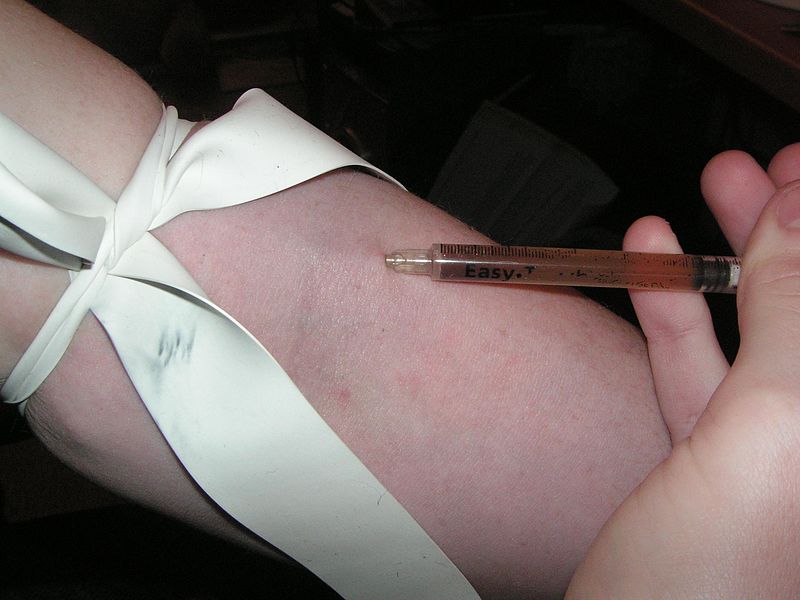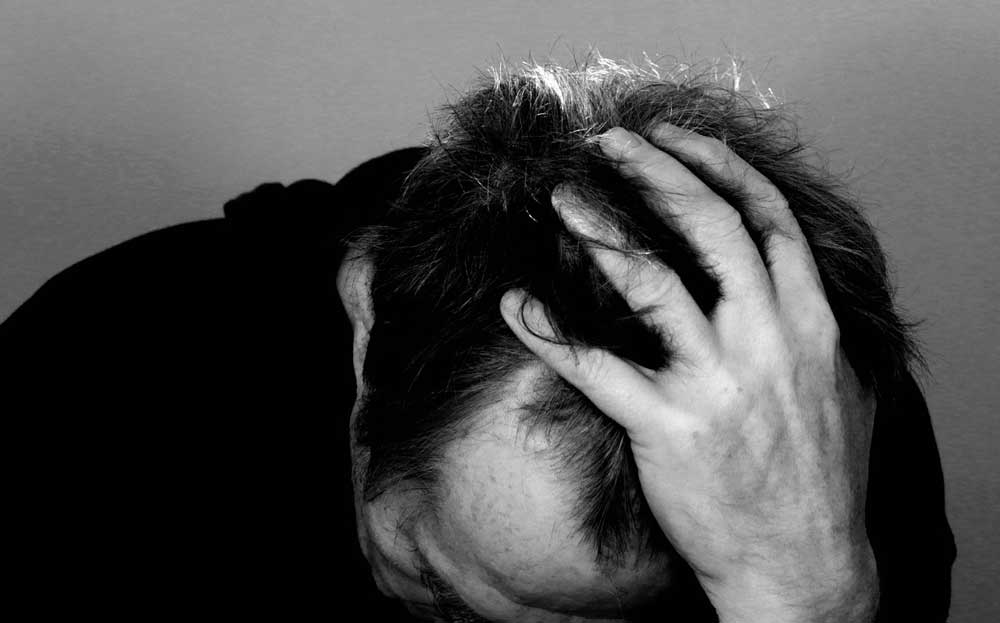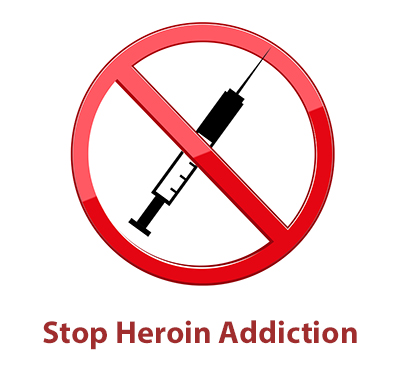Heroin addiction journey to the neighborhoods

Heroin addiction journey to the neighborhoods. Understanding myths about quitting addiction will enable you to make the right decisions in relations to drug addiction treatment
Heroin addiction journey to the neighborhoods: The prevalence of heroin
The cry of the society about the impact of drug addiction and in particularly heroin is making strides in to very unusual territories. It is no longer the preserve of the dangerous canners at the back yards in the city centers. It is moving into our homesteads and door steps to the disbelief of the authorities and parents. If you are in doubt then listen to this story of a college student whose name we are going to withheld and call him Felix. The story of Felix is a clear manifestation of heroin addiction journey right into our neighborhoods. To expose the picture clearly, expert at AWAREmed Health and Wellness Resource Center under the able leadership of doctor Dalal Akoury who is the MD and founder of the facility states that “the drug has followed prescription painkillers into new neighborhoods, an element that has surprised even the police and parents into confronting the unexpected problem.”
Heroin addiction journey to the neighborhoods: The sequence of heroin addiction
And now back to the story of Felix, he was a good student in school always scoring above-average grades. He seemed poised and self-possessed, and like many of his friends in his charming coastal town north of their town was an incredible path to the college. Then, during his freshman year in high school, he decided to experiment with drugs and alcohol. And this is how it often begins they call it experiment no wonder Felix is following suit. It was on one night when he got very drunk in company of his friends and guess what? He loved it acknowledging that it made his day and that he felt like he has always wanted to be. Before long he was smoking cigarette and marijuana. Soon after a friend graduated him to some prescription painkiller pills which made him feel even much better than alcohol and other drugs he had been taking. Because of the experience he had, he begun purchasing these painkillers secretly and unlawfully spending all his up keep money on this unworthy habit. When he could not get further funding for the same, he resorted into stealing to support his habit but even with the stolen money it was not adequate. The trend continued and his friends introduced him to heroin which was much cheaper. His response was mutual “isn’t heroin for drug addicts?”
Heroin addiction journey to the neighborhoods: High drug dependency and addiction
Yes his concern was realistic but by that time his dependence on the painkillers had become more than he could resist. And as usual he bought the heroin, snorting the powder for the very first time. Oh my goodness, six days later he was injecting himself with a needle becoming the archetype of a classic heroin addict. His anguished journey from conscientious student to heroin user is one confronting many young people in suburbs across the country and the world over. It has become a thorn in everyone’s flesh and both parents and police are struggling with the ever rising usage of heroin in suburban neighborhoods than ever before.
According to the experts at AWAREmed Health and Wellness Resource Center the rise is being driven by a large supply of cheap heroin in its purer concentrations that can be inhaled or smoked and which often removes the stigma associated with injecting it with a needle. But much of the increase among suburban teens, as well as a growing number of adults, has also coincided with a sharp rise in the use of prescription painkiller pills, which medical experts say are essentially identical to heroin. And with all these complications talking to doctor Akoury should be your starting point for a much healthier life.
Heroin addiction journey to the neighborhoods: The prevalence of heroin









